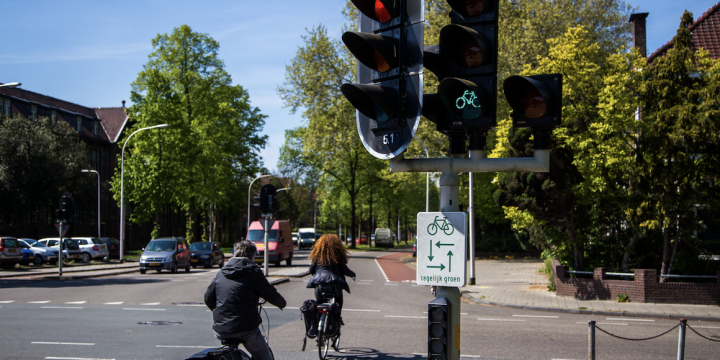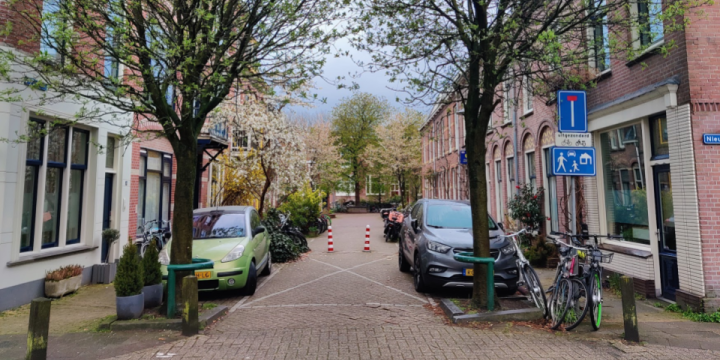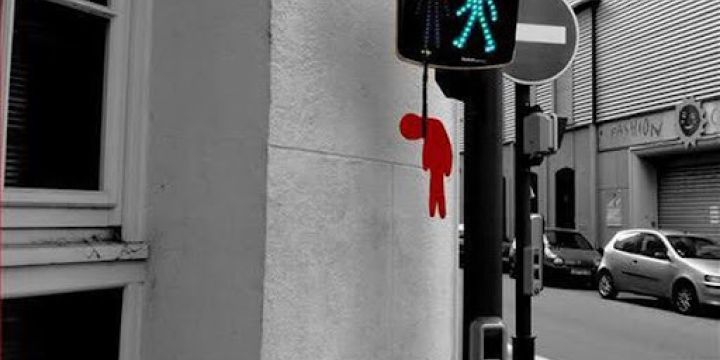Parking Reform
Donald Shoup Explains Parking Reform
Donald Shoup, distinguished research professor in the Department of Urban Planning at UCLA, is shown in this video making a typically funny and engaging presentation at CNU 27 Louisville in 2019. In the presentation, Shoup lays out the key aspects of the parking reforms from his seminal book, The High Cost of Free Parking (2005) and the follow up, Parking and the City (2018).
Parking Reform Made Easy
Reforming minimum parking requirements is one of the most effective ways to support Smart Growth. This course explains the many problems created by the parking regulation status quo before presenting a process for reform, providing examples of parking management tools, and discussing strategies for dealing with political and stakeholder issues.
The High Cost Of Minimum Parking Requirements
In The High Cost of Free Parking, course instructor Donald Shoup argued that minimum parking requirements subsidize cars, increase traffic congestion, pollute the air, encourage sprawl, increase housing costs, degrade urban design, prevent walkability, damage the economy, and penalize people who cannot afford a car.
Parking Benefit Districts
Parking Benefit Districts may be the simplest, cheapest, and fastest way to improve cities, stop subsidizing congestion, protect the environment, and promote economic and social justice by managing curb parking as valuable real estate.
The Right Price for Curb Parking
Setting the right price for on-street, curb parking, requires a thorough understanding of the theory and practice of demand-based pricing.
Urban Design for Planners 8: Parking and Traffic
The final course in the Urban Design for Planners series addresses the automobile as part of the urban fabric. The storage of cars and high levels of congestion can be very detrimental to neighborhoods, but good design can mitigate those negative effects.
Course Instructors
Earn a Certificate
Demonstrate your achievements, or just show off.







